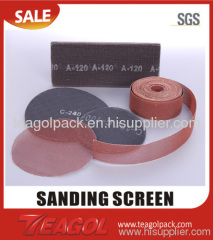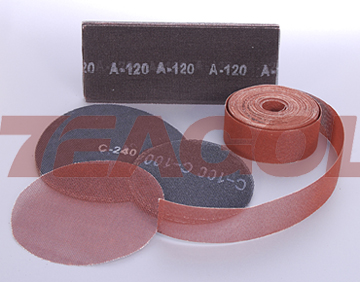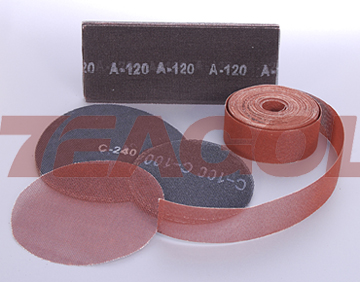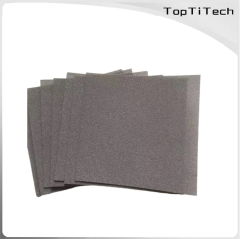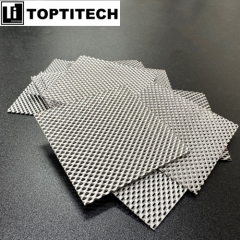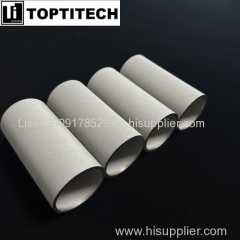
|
Baoji Yinggao Metal Materials Co., Ltd.
|
Titanium expanded wire mesh for filtration and battery electrode
| Price: | 9.99 USD |
| Payment Terms: | T/T,L/C,D/A,D/P,WU,Paypal,Money Gram |
| Place of Origin: | Shaanxi, China (Mainland) |
|
|
|
| Add to My Favorites | |
| HiSupplier Escrow |
Product Detail
Filtration
Battery electrodes
Architectural applications
Heat exchangers
Medical implants
Titanium expanded wire mesh for filtration and battery electrode
Titanium expanded wire mesh, also known as titanium mesh or titanium expanded metal, is a type of mesh-like material made from titanium. It is created by expanding a sheet of titanium through a process known as "expanding," which involves cutting and stretching the metal to form a pattern of interconnected diamond-shaped openings.
The expanded wire mesh is lightweight, strong, and corrosion-resistant due to the inherent properties of titanium. It offers excellent durability and can withstand high temperatures, making it suitable for various applications in industries such as aerospace, automotive, chemical processing, filtration, and architecture.
Parameters
Hole type: diamond hole
Plate thickness: 1mm
Filtration precision: 200 microns
Material: titanium plate
Purpose: Filtration, electrolysis and hydrogen production
Aperture: 1*2mm
Applications
Filtration: Titanium mesh is often used in filtration systems, particularly in applications where high strength and corrosion resistance are required. It can be used to filter liquids, /, or even solid particles.
Battery electrodes: Titanium expanded wire mesh can be employed as a current collector or electrode material in batteries. Its high conductivity and resistance to corrosion make it a suitable choice for battery applications.
Architectural applications: Titanium expanded mesh can be used in architectural projects to create unique designs and decorative elements. It provides a visually appealing appearance while offering durability and weather resistance.
Heat exchangers: Due to its excellent thermal conductivity, titanium expanded wire mesh can be used in heat exchangers to transfer heat efficiently. It is particularly useful in corrosive environments where other metals may degrade.
Medical implants: Titanium mesh is also used in the medical field for various applications, including orthopedic implants and reconstructive surgeries. Its biocompatibility, strength, and resistance to corrosion make it a preferred material for implantable devices.
The process of expanding titanium to create the mesh
Material selection: The first step is selecting the appropriate grade of titanium for the desired application. Titanium alloys, such as Ti-6Al-4V (Grade 5), are commonly used due to their high strength and corrosion resistance.
Perforation: A flat sheet or plate of titanium is perforated with a pattern of holes. These holes can be created using various methods, including punching, laser cutting, or chemical etching. The hole size, spacing, and pattern can be customized based on the specific requirements of the mesh.
Expansion: The perforated titanium sheet is then fed into an expanding machine. The machine consists of a series of rollers that stretch the sheet in both length and width directions simultaneously. As the sheet passes through the rollers, the material is elongated, causing the holes to expand and the flat sheet to transform into a three-dimensional mesh structure.
Diamond-shaped openings: The stretching process results in the formation of diamond-shaped openings in the titanium mesh. The size and shape of these openings depend on the design of the expanding machine and the specific parameters used during the process.
Flattening and trimming: After the expansion, the titanium mesh may undergo additional treatments to flatten the surface and remove any irregularities. Trimming may also be performed to achieve the desired final dimensions and shape.
Cleaning and inspection: The expanded titanium mesh is thoroughly cleaned to remove any debris or contaminants that may have accumulated during the manufacturing process. It is then inspected for quality assurance, ensuring that it meets the required specifications and standards.


